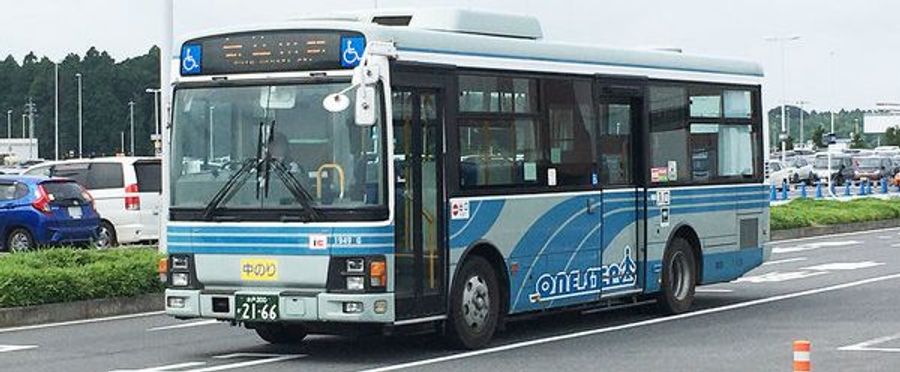Responding to a severe labor shortage, a local town in Japan is set to abolish four bus routes, affecting around 47.7 kilometers of coverage. The decision, a result of the dwindling young population and workforce in rural Japan, means more difficulty for elderly residents and those without personal vehicles. While alternative solutions are being explored, authorities have yet to come up with a sustainable solution amid the country's demographic shifts.
Japan is grappling with an aging population and young people moving to urban areas for work and life opportunities, leaving rural zones with labor shortages. Public transportation, like bus routes, are vital for the aging community who heavily rely on these services for everyday life. The reduction or abolition of such services has potential implications on mobility, accessibility, and the overall quality of life in these rural communities.
Similar challenges have been observed in rural areas in the US or EU where declining populations have led to service cuts. However, unlike Japan, the demographic decline of young people tends to be less severe. Public transportation issues are typically tackled with government subsidies or the incorporation of ride-share services and private-public partnerships.

